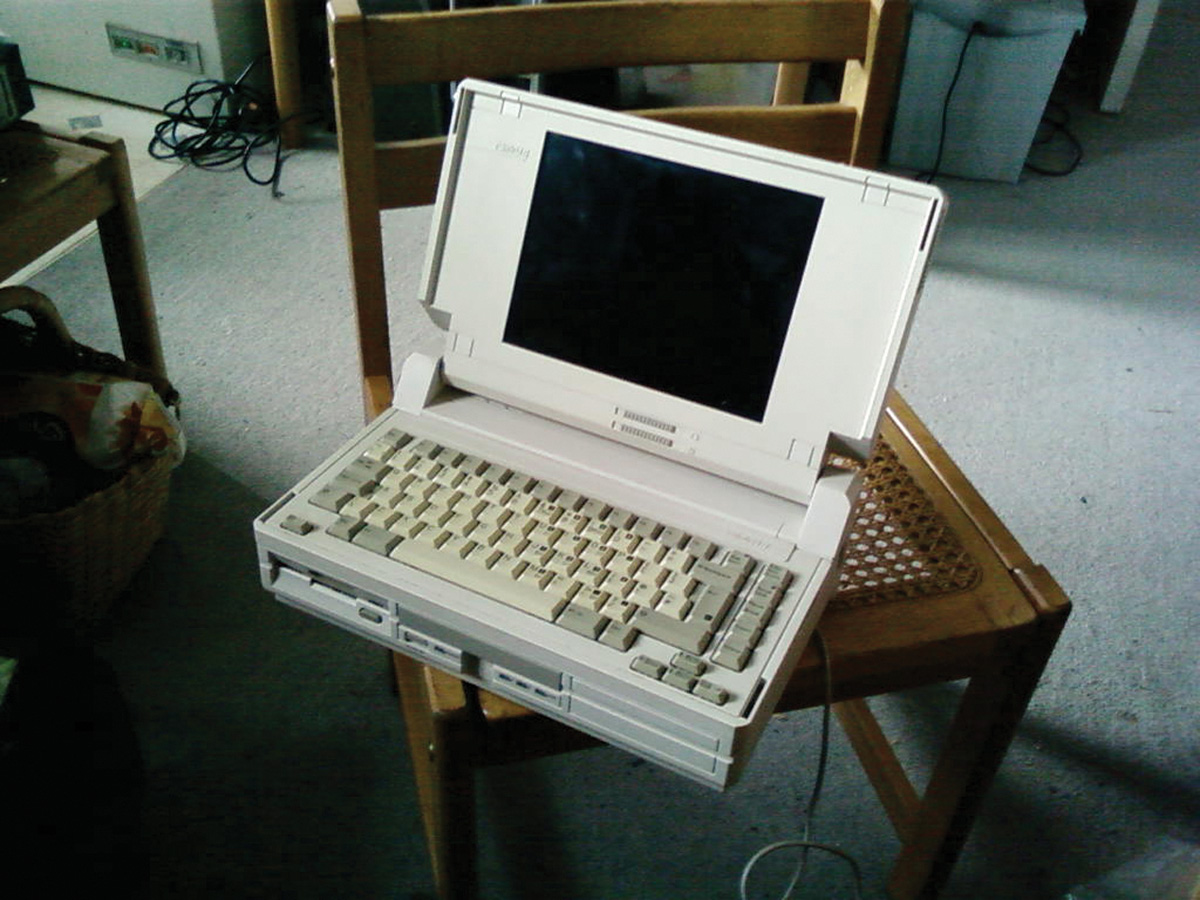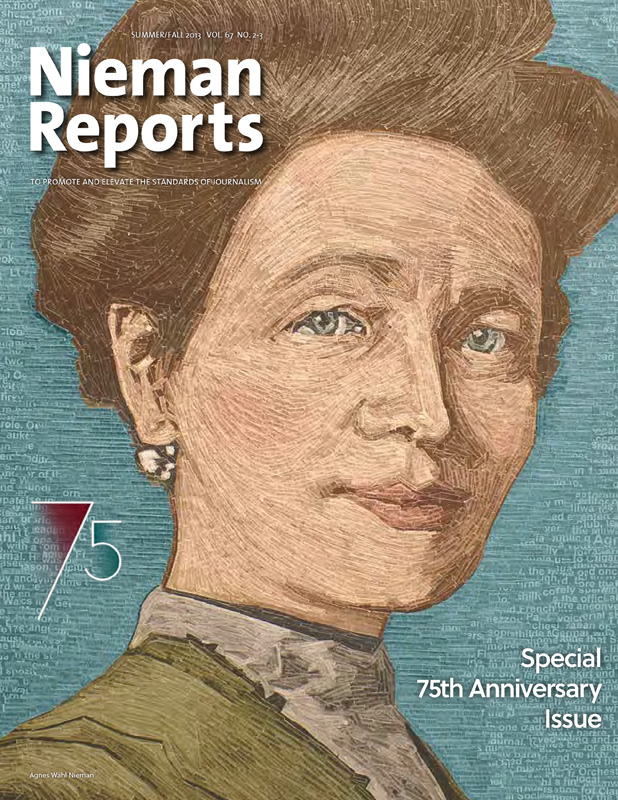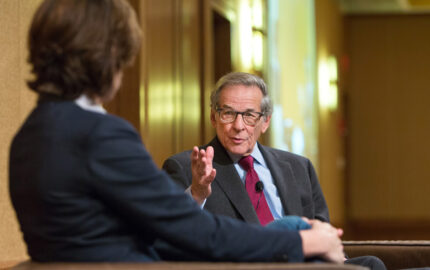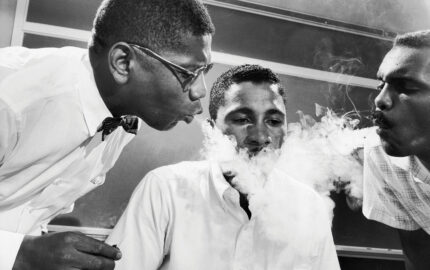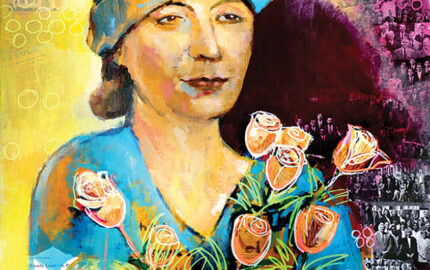As president of Monitor Institute, Fulton works with business and government leaders to find new approaches to social and technological challenges
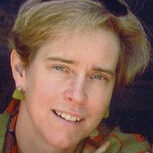
Shortly after I arrived in Cambridge someone said to me: Go over to the computer center. Get them to show you something called the Internet. I had no idea what that was, of course. But I took the advice, along the way exploring computer bulletin boards, fiber optic networks, digital multimedia, electronic newspapers, and a future that would be much more “user” controlled. Very slowly it dawned on me: Eventually, these new technologies would transform journalism, politics, education, all the things I cared about, and much more. Could journalism adapt? This became the question that shaped my life for years to come.
Bill Kovach and my Nieman classmate Francis Pisani shared my mix of worry and hope. Together we put on two major conferences, in the spring of 1994 and again in 1995. Bill gathered journalism’s elite, and we introduced them to digital pioneers and their revolutionary tools and ideas. I moved to San Francisco to work with Stewart Brand at a very cool futures think tank and consulting firm and spent the rest of the 1990s helping newspaper companies, television networks, and public broadcasters see the transformation that lay ahead. “News” had a future. But what about journalism and the companies dedicated to it? Twenty years ago, we couldn’t have imagined Amazon, much less the news that its founder would buy one of journalism’s crown jewels for pocket change. Journalism will soon be led entirely by digital natives. And a few of them who are very fortunate will have their lives changed at Lippmann House.
